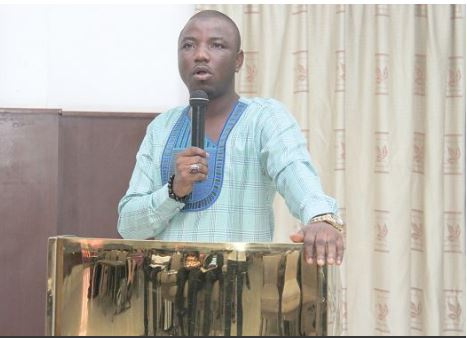
The 9th Parliament of the Fourth Republic has taken off, retaining Alban Sumana Kingsford Bagbin as the Speaker of the House for the second term in succession.
Both the Majority and Minority too have retained their respective leaders in the eighth Parliament in the current House.
Clearly, the ruling National Democratic Congress (NDC) has overwhelming majority in the legislative assembly with 183 Members of Parliament (MPs) and the Minority New Patriotic Party (NPP) having paltry 88 members with four Independent members who have pledged to do business with NDC.
And there is one outstanding constituency, Ablekuma North, yet to have dispute with its election result resolved.
The ruling NDC has almost attained the two-third majority in the House to ensure smooth sailing in conduct of legislative business, given that it is likely to woo the Independent members to its side to have absolute two-thirds majority.
Numbers play key role in Parliamentary democracy as the side with the majority of members of the house will have its “say and way” where there is stalemate and the matter in contention has to be put into voting.
Parliament, as the representative of the people, is the fulcrum of democratic governance.
Indeed, Parliament exercises legislative function by making laws for the governance of the country.
For instance, it exercises the power of controlling the purse by authorising the imposition of taxes and expenditure.
It also has oversight responsibility over the executive to make sure it avoids authoritarianism, while its deliberative function, upheld as the representative of the people, makes for the ventilation of ideas for their good.
The people of Ghana are watching with keen interest how this parliament will pan out, especially in terms of its role to ensure key decisions are approved to address the myriad of challenges affecting the lives of the people to save them from poverty, squalor and deprivation for the benefit of even posterity.
As we welcome the MPs, both old and new, we appeal to them to work in the spirit of give-and-take and that of consensus-building to help build the Ghana that we want and cherish.
There might be the tendency of the government, with its absolute majority, attempting to show the minority where power lies.
There might also be the tendency by the minority caucus to also pull the legs of the majority to chicanery and filibustering tactics.
But in all these, the national interest must stand tall above any partisan consideration.
We remind the minority caucus that they are not only there to oppose any government decisions, policies or agreement, but to work with the majority to arrive at consensus for the benefit of the citizenry.
Therefore, they should work towards win-win situation.
We are aware that Parliament is a master of its own craft, which is to say that the MPs know what to do best for the betterment of their representatives and for Ghana as a whole.
Consequently, we remind them of their own problem-solving device, “Consensus building.”
We do not want to belabour this concept since that is what has been guiding the work of the legislative body anywhere.
We at The Ghanaian Times wish our MPs the best of service to their people and the country in general.
It is our hope that there will be no bullying in the house and that it will be serious business.
We appeal to the much more experienced MPs to guide the newcomers to learn fast the Parliamentary rudiments by shaping them to the onerous task of legislation for accelerated national development. Ghanaians are watching them with high expectations and will not tolerate any honey-moon.
The post Build consensus for national interest! appeared first on Ghanaian Times.
Read Full Story










Facebook
Twitter
Pinterest
Instagram
Google+
YouTube
LinkedIn
RSS